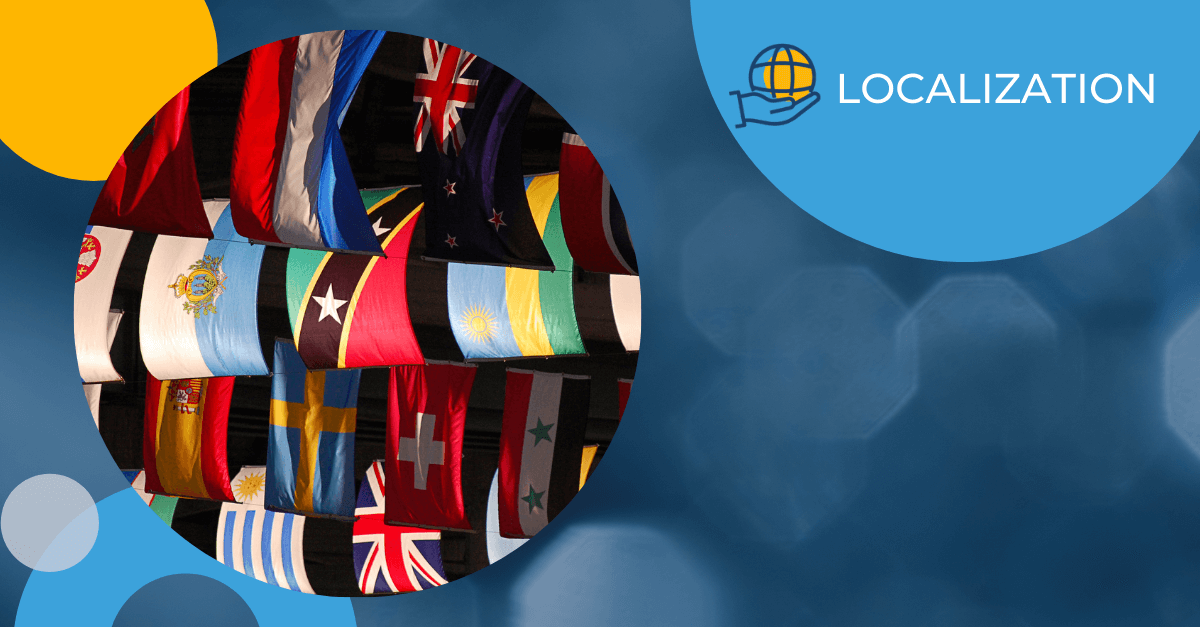The documentation required for a product launch in the life sciences industry is diverse and can be staggering in scale. Labeling, pre-clinical and clinical reports, literature publications, and marketing materials – each require input and expertise across multiple departments before a medical product can be marketed and sold domestically.
On the international stage, a product launch requires the additional step of expert medical translations. When facing tight budgets and deadlines, managers may be tempted to rely on their in-house colleagues’ foreign language skills to cut down on time and cost. This, however, is a big industry no-no. As valuable as in-house product knowledge may be, it does not supersede the value of professional medical translators when you’re preparing to go to market overseas.
Without a full and inherent understanding of how to join the technical terminology of your documentation and the intricacies of the target language(s) involved, your colleagues will likely end up wasting time cross-referencing words and phrases when they could be focusing on other substantive work or, worse yet, the translations they provide might be ambiguous or inaccurate – and this could have very negative results.
Unlike multilingual colleagues, a quality ISO-certified translation partner can provide a three-step Translation-Editing-Proofreading process (called ‘T-E-P’) that utilizes independent linguists to vet the translation against the source materials. A QA process with multiple medically fluent translators helps mitigate the risk of ambiguity or misunderstanding.
Further, ISO auditors, IRBs, and regulatory bodies typically require a ‘Certificate of Translation’ for the translation of materials relating to international initiatives. A Certificate of Translation states that the submitted translation product is an accurate representation of the source documents in their target language, as judged by professional linguists.
Ultimately, globalization of any medical product is an inherently complex process and a quality-oriented Language Service Provider can be a significant asset in making your product launch proceed smoothly. While multilingual colleagues can provide crucial feedback and support, you are better off relying on an LSP for the actual translation work to ensure accurate medical translations that meet regulatory requirements and support your marketing strategies.
About the Author:
 Jack Fischer is a Business Development Manager at Morningside’s Life Sciences division. After researching Tuberculosis genetics at Albert Einstein College of Medicine and working with numerous biotechnology startups in New York, Jack moved to Morningside in order to apply his expertise to developing and implementing translation solutions for the life sciences industry. Jack has a dual B.A from Skidmore College in Integrative Biology & Business.
Jack Fischer is a Business Development Manager at Morningside’s Life Sciences division. After researching Tuberculosis genetics at Albert Einstein College of Medicine and working with numerous biotechnology startups in New York, Jack moved to Morningside in order to apply his expertise to developing and implementing translation solutions for the life sciences industry. Jack has a dual B.A from Skidmore College in Integrative Biology & Business.
Contact Jack directly at any time via: [email protected]!


